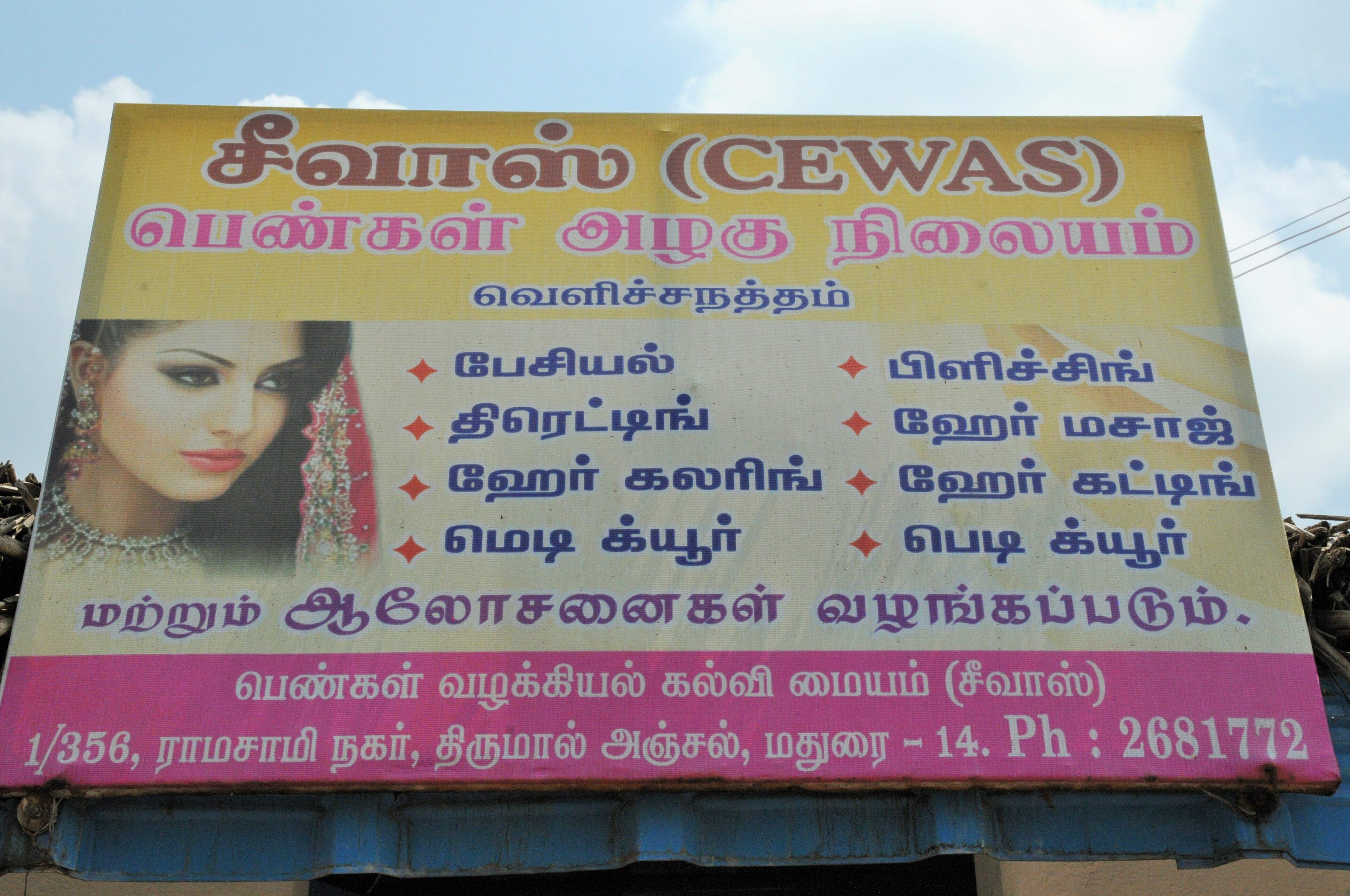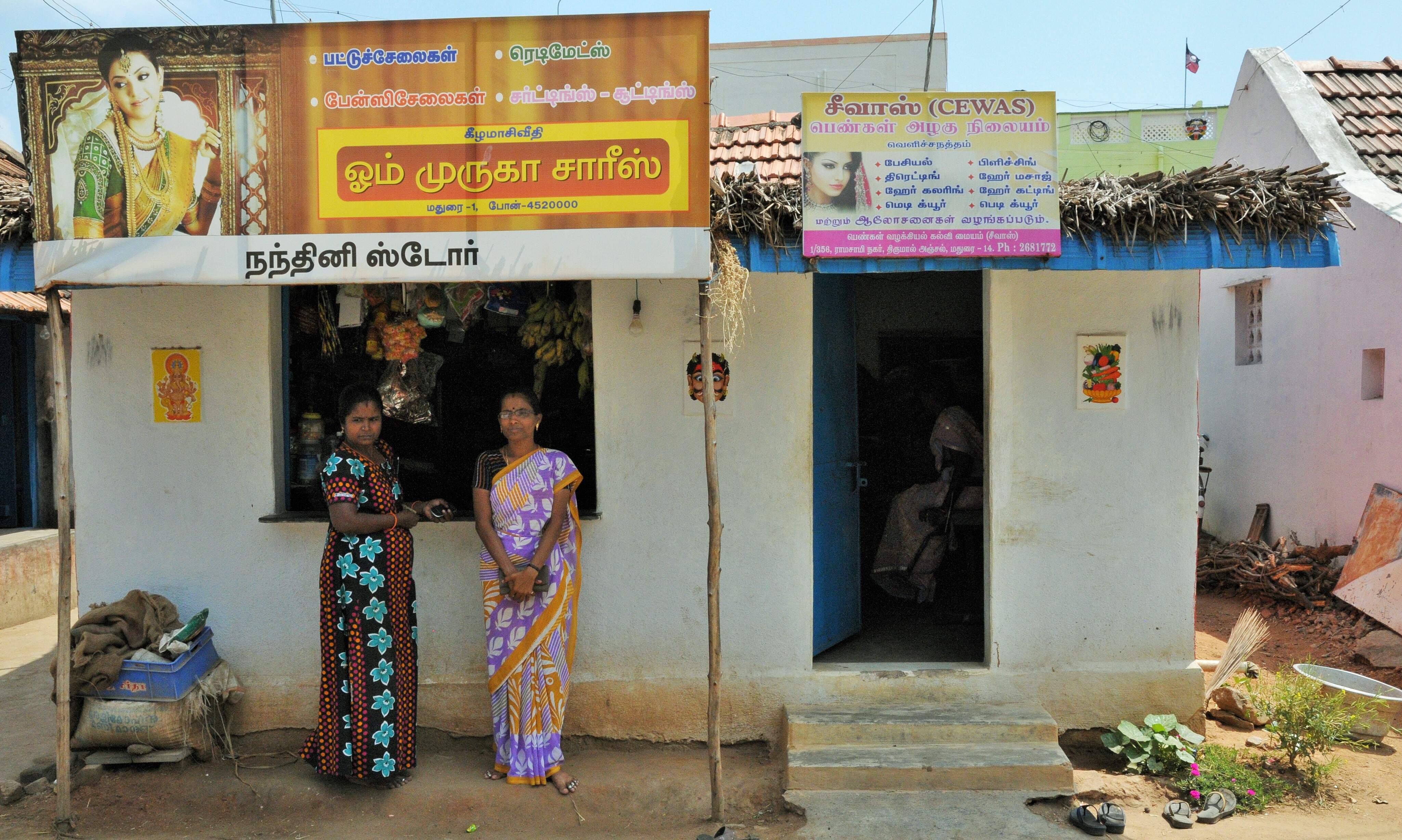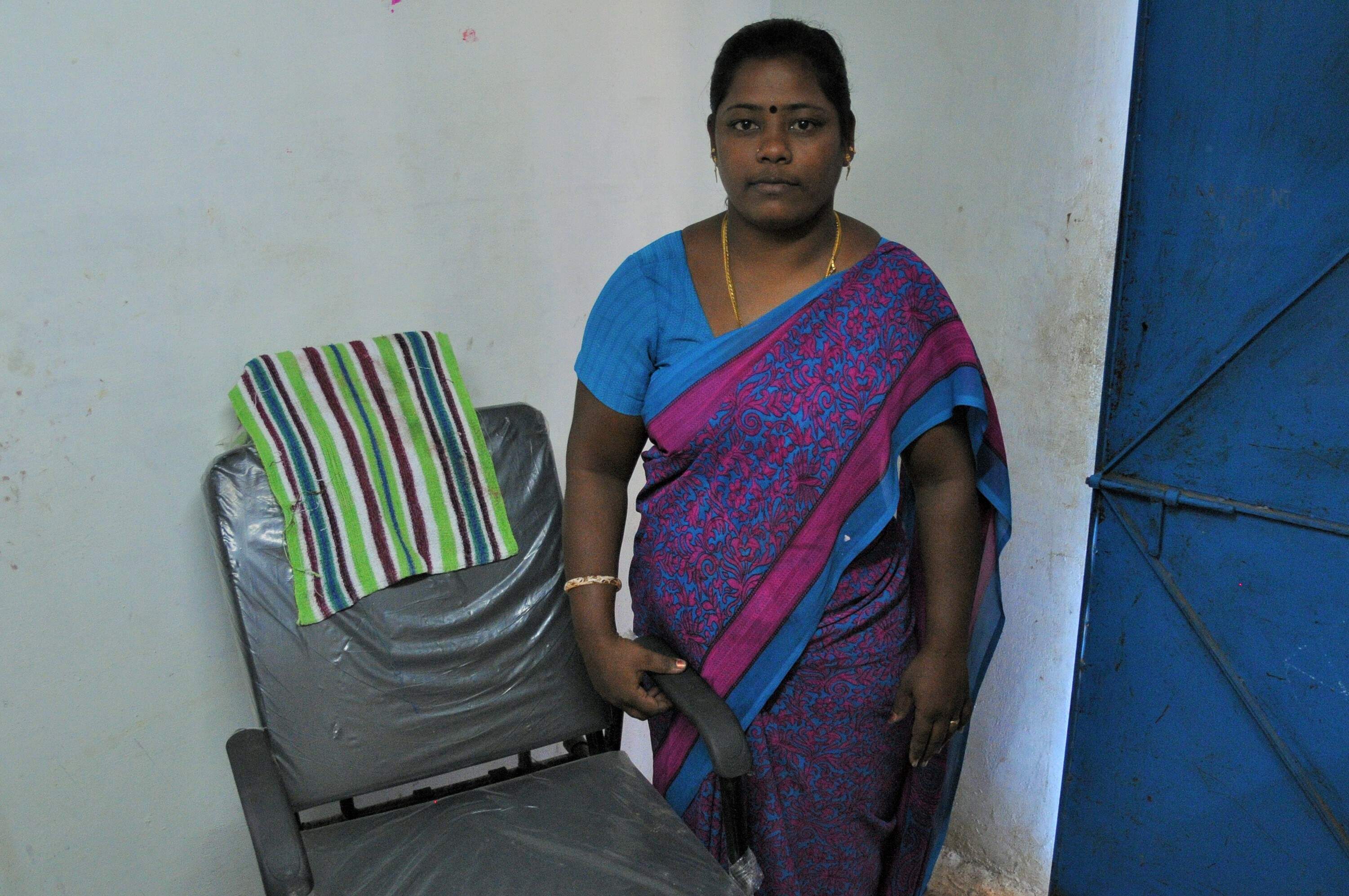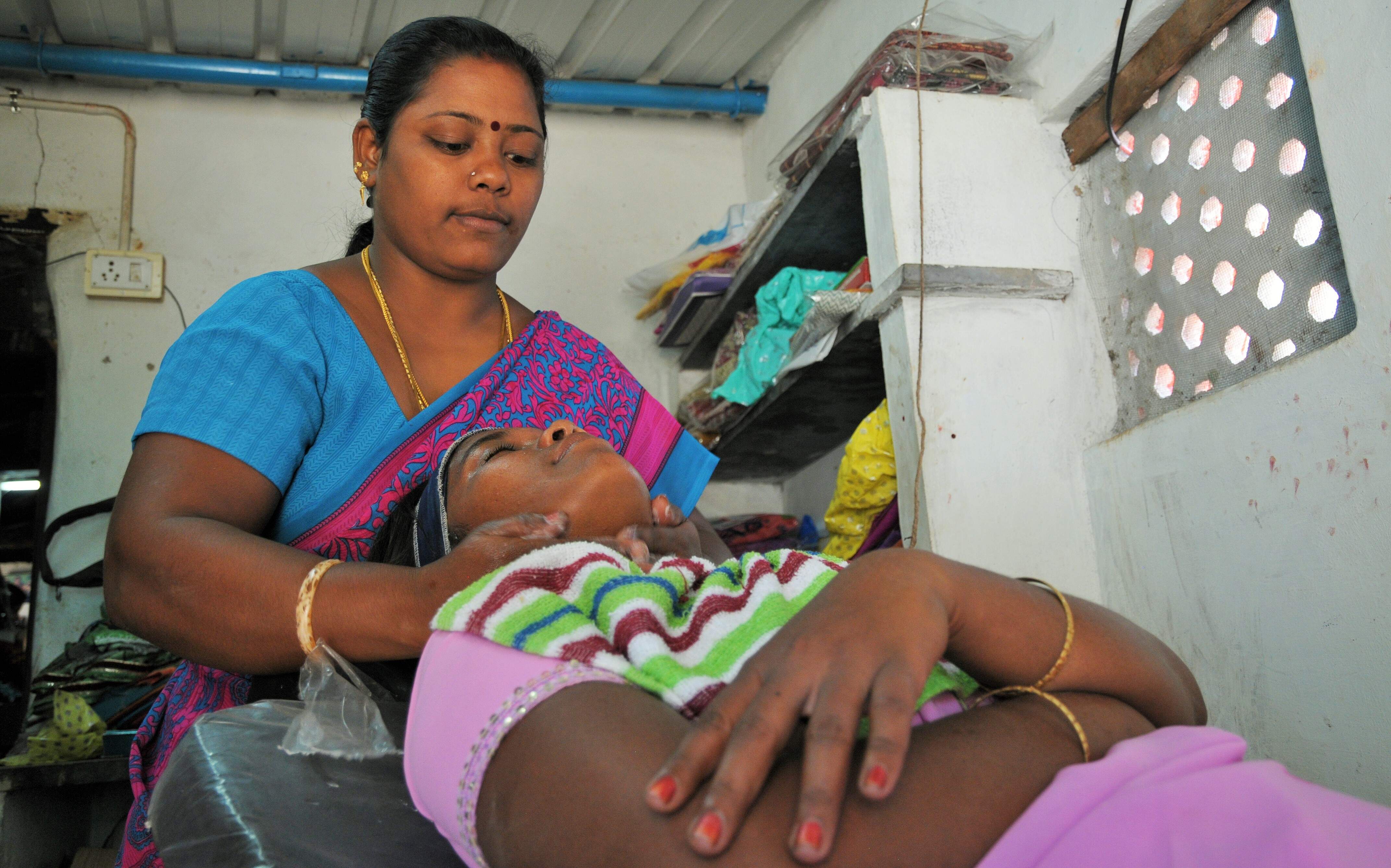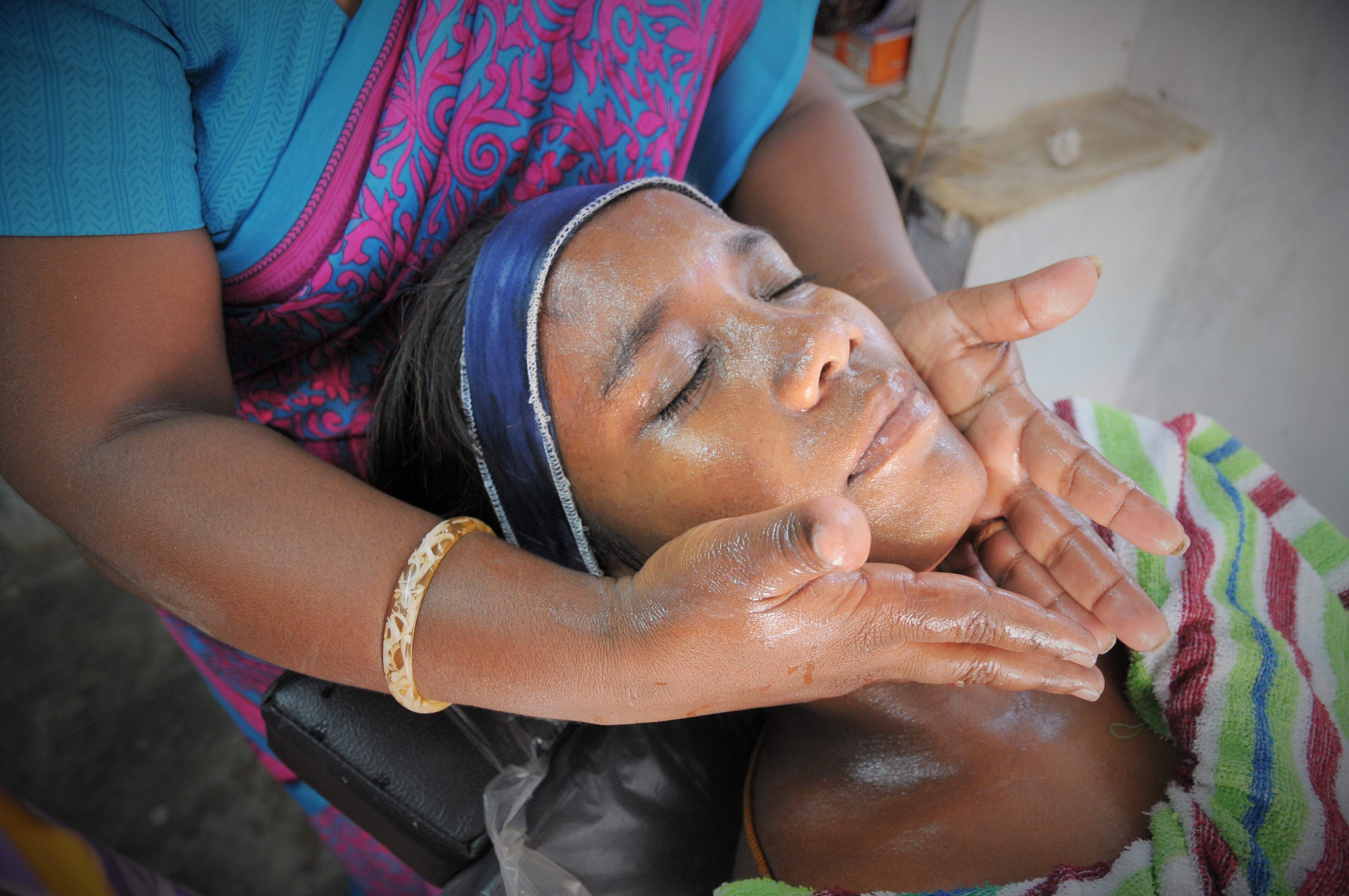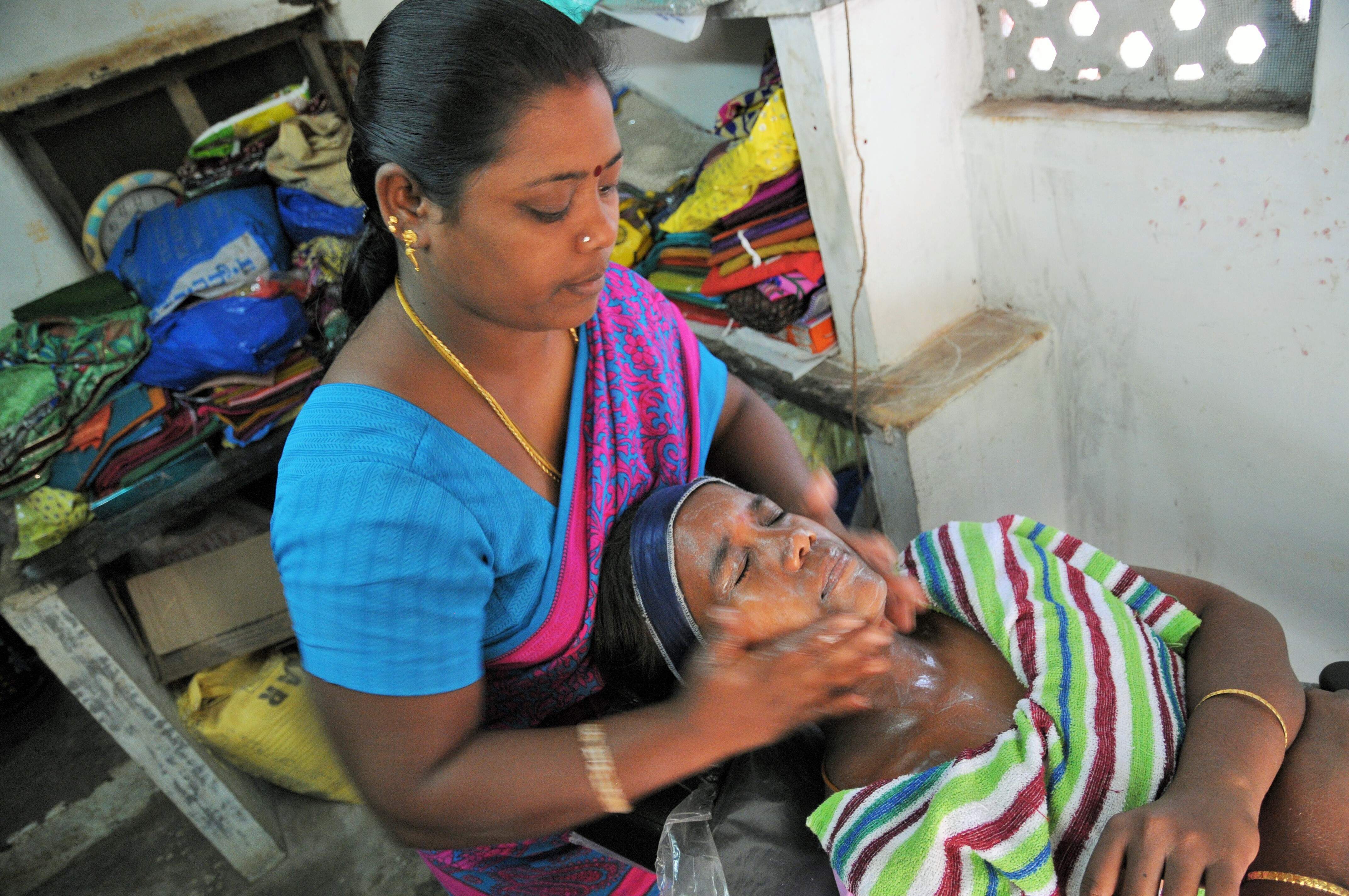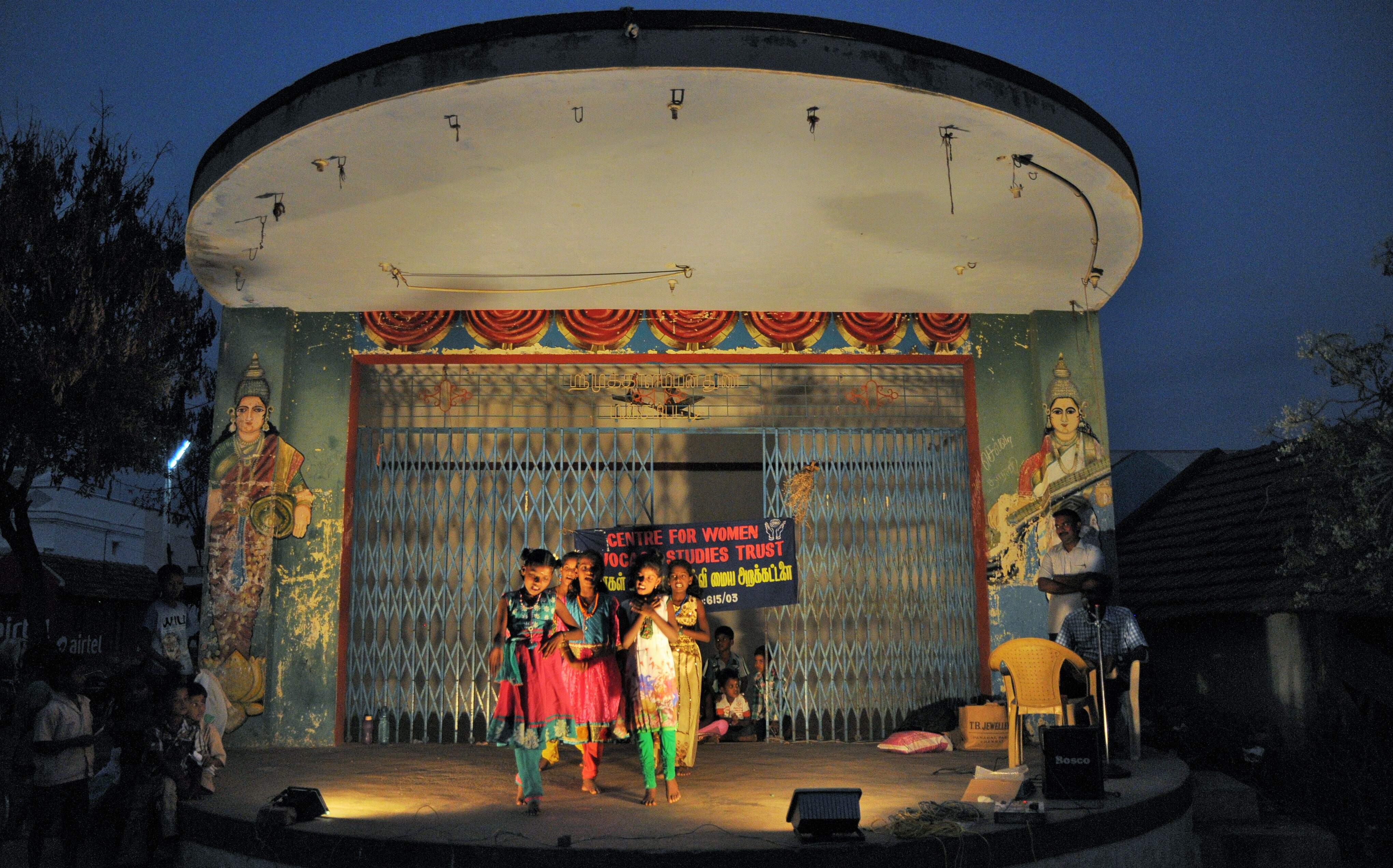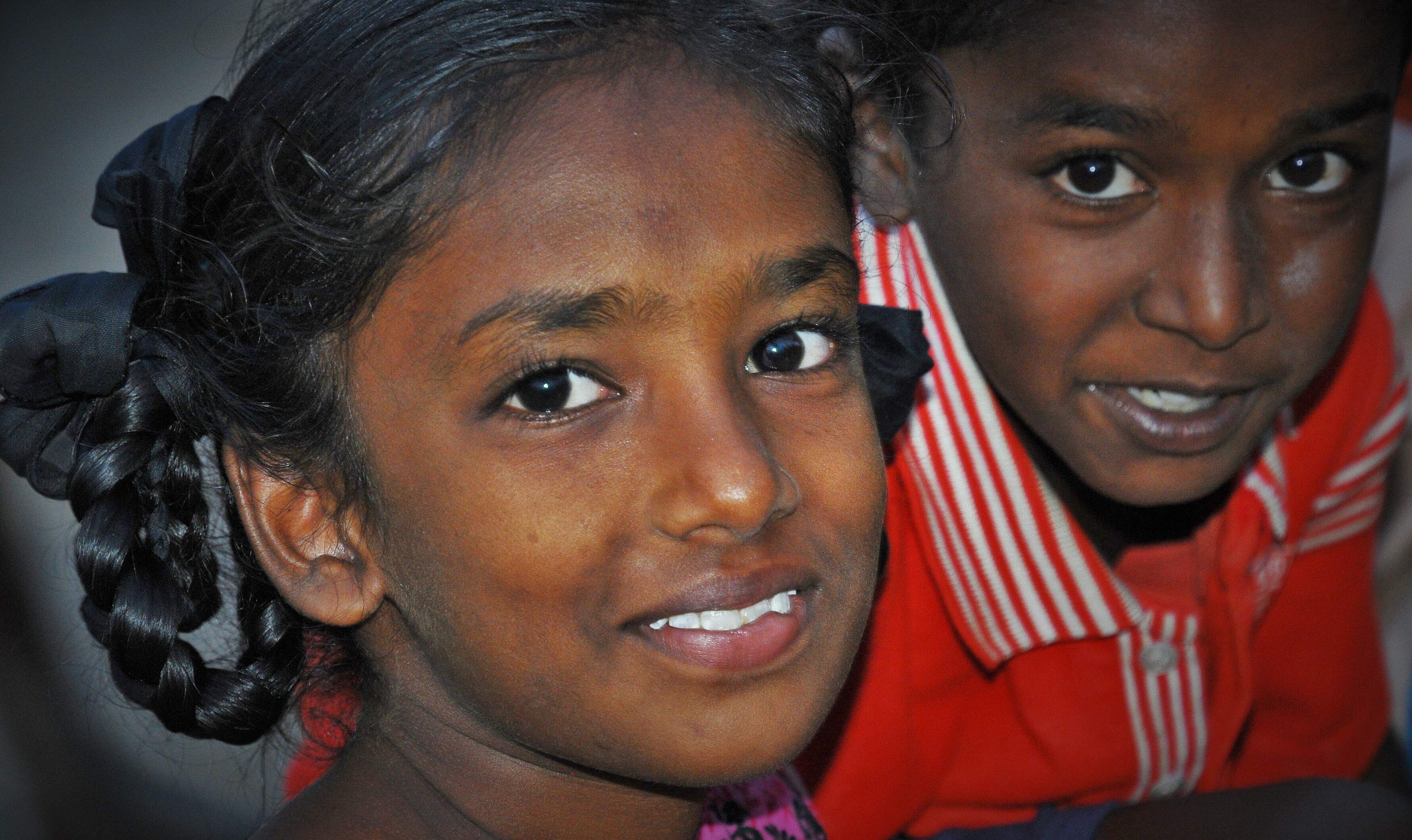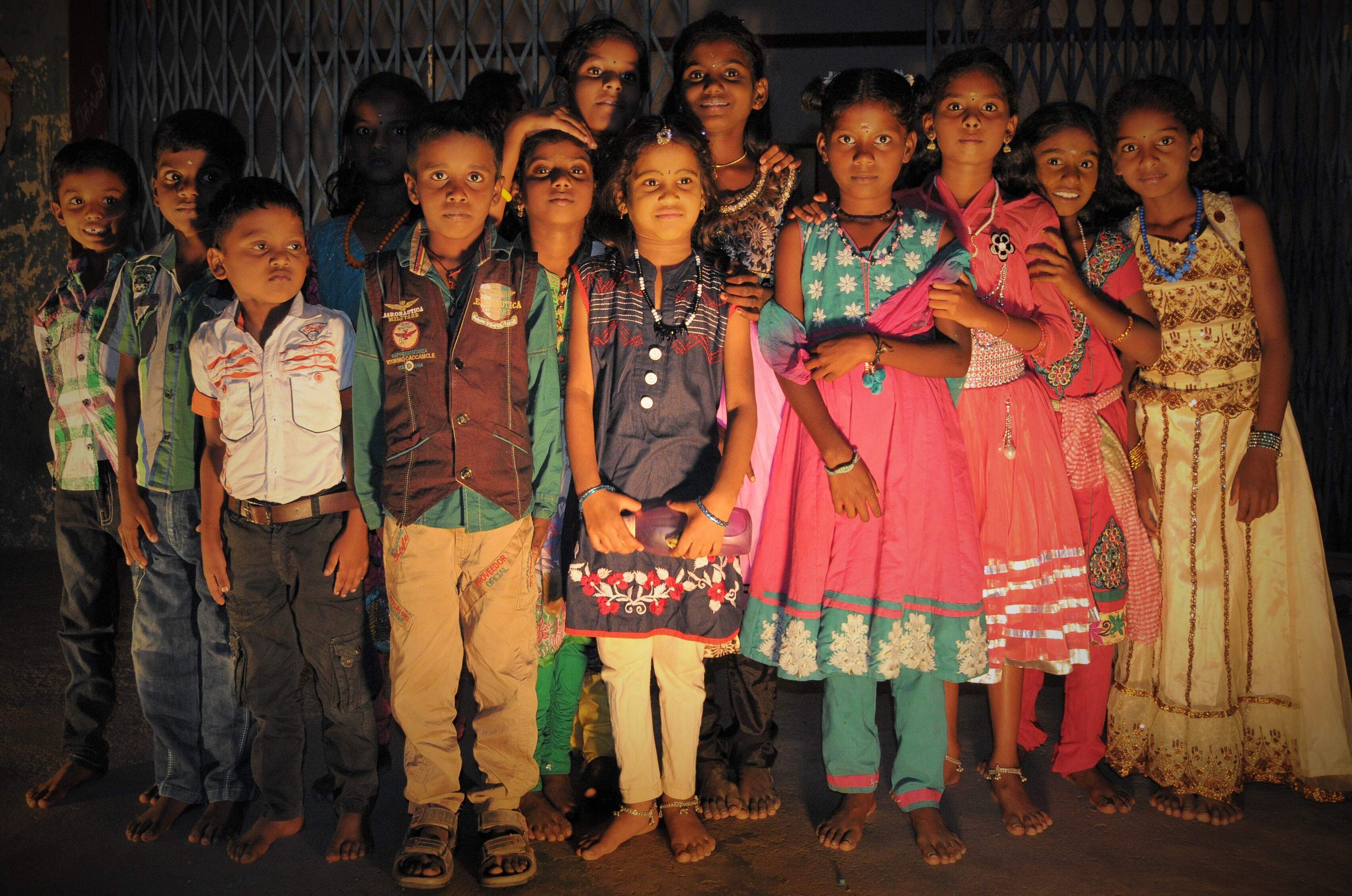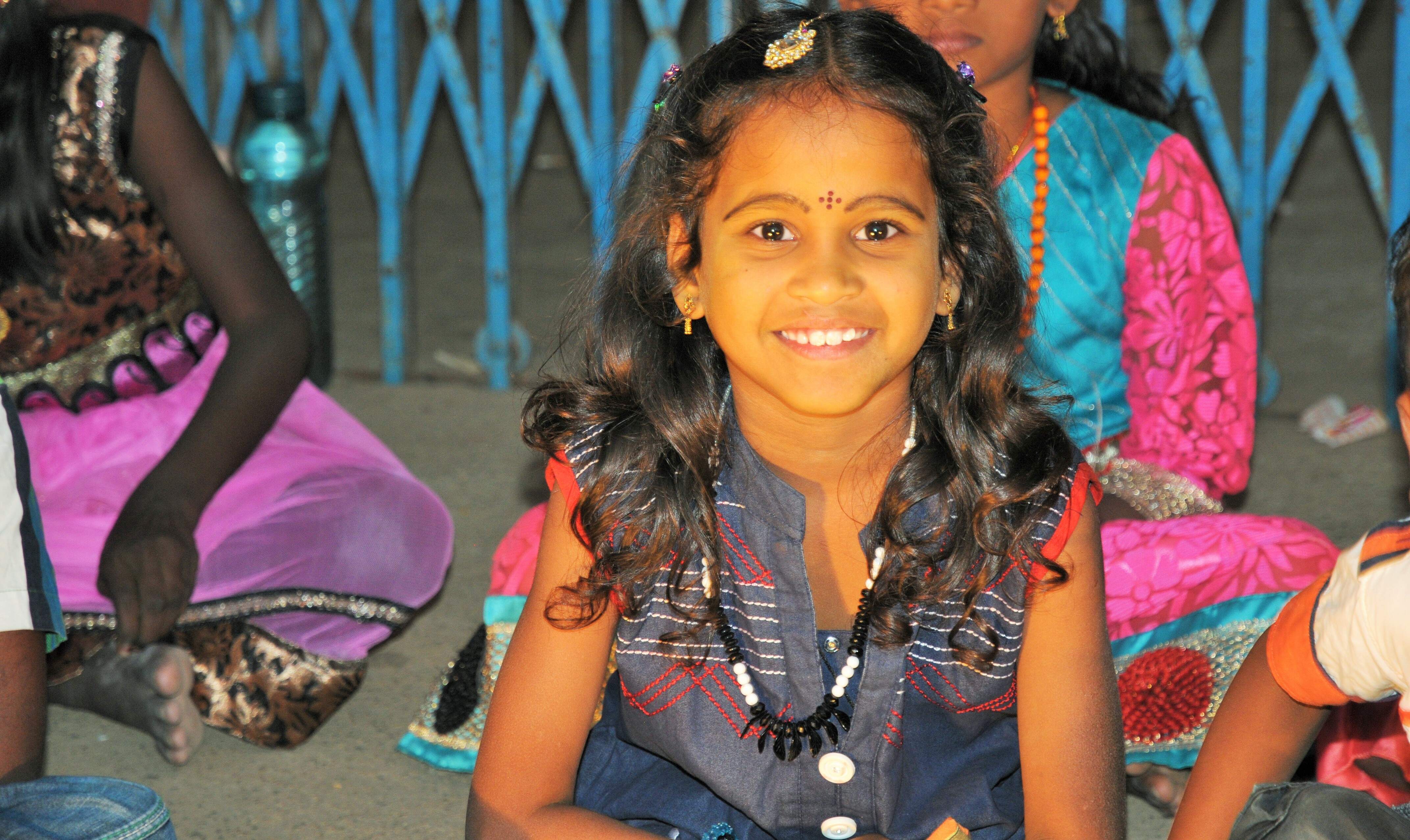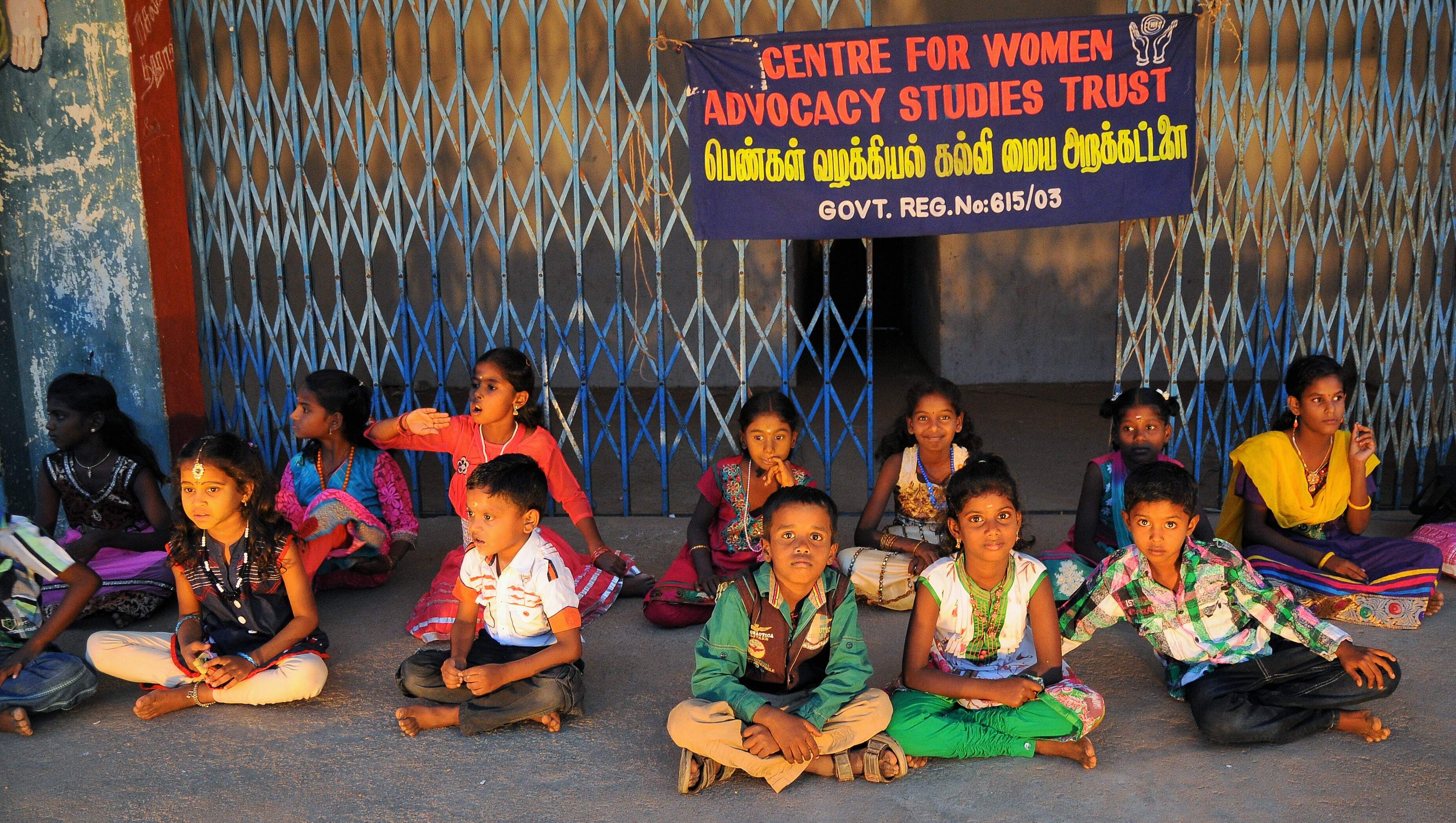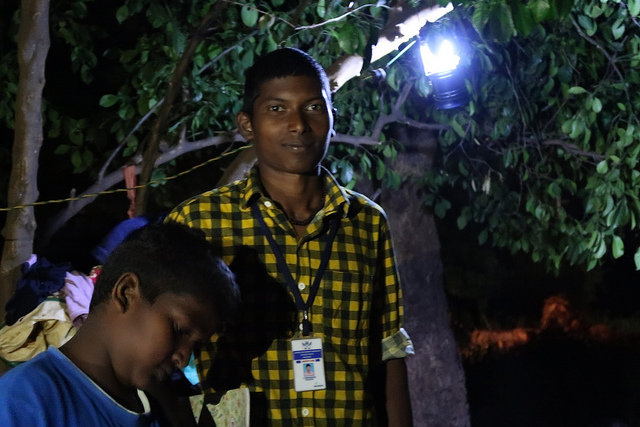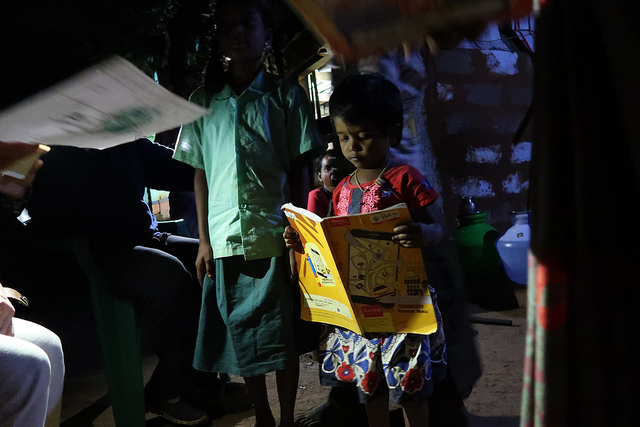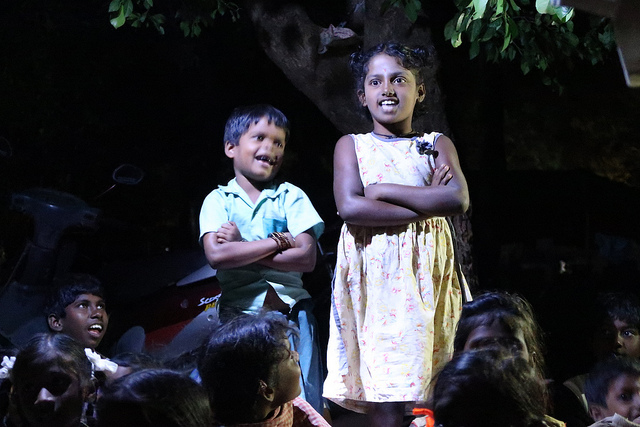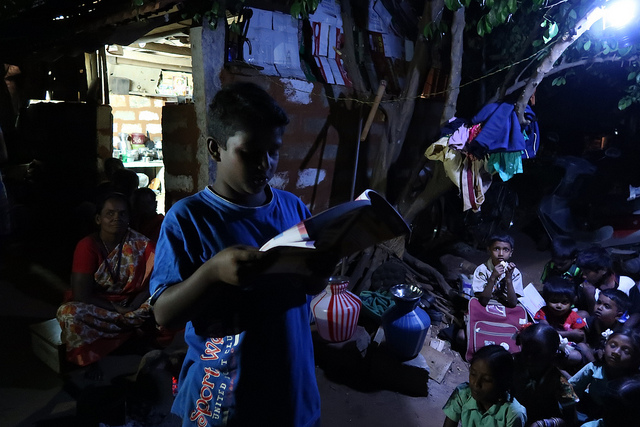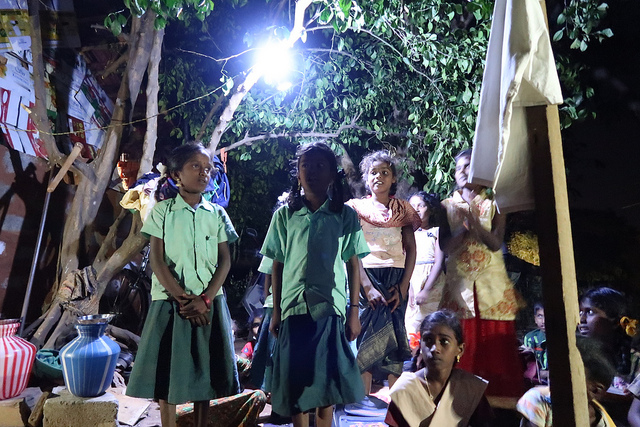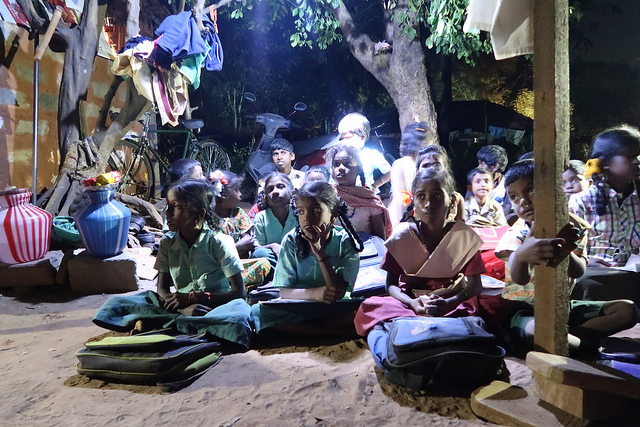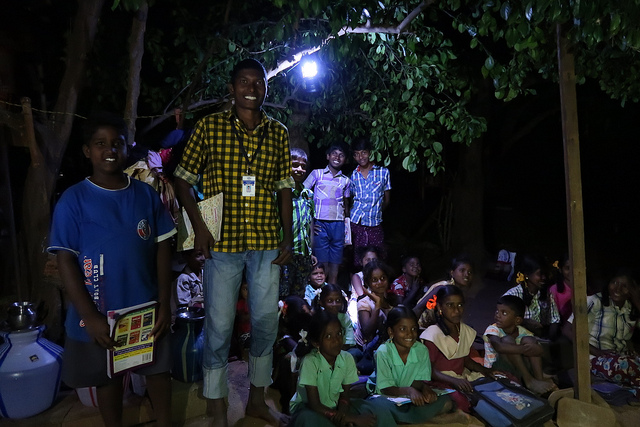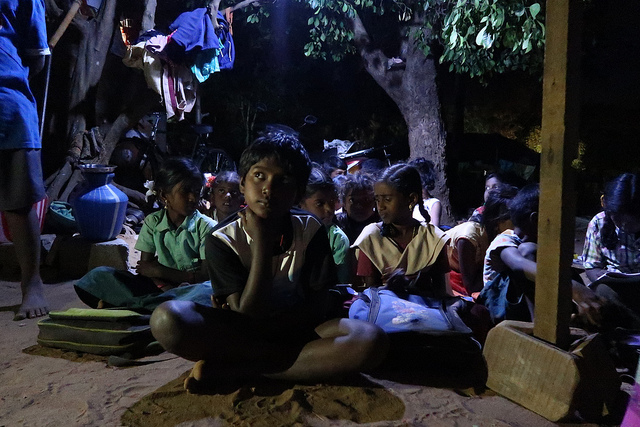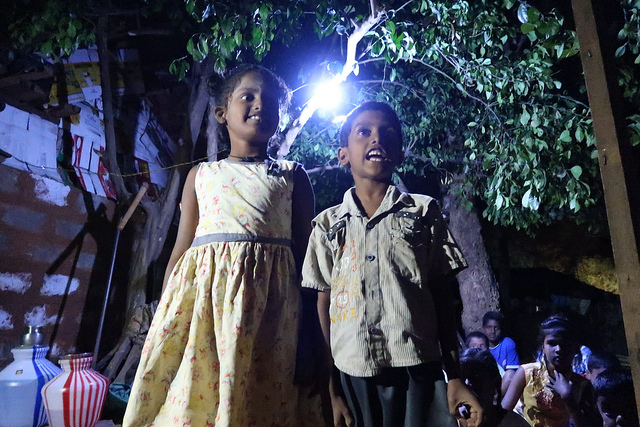In order to create a sustainable effect in villages in which CEWAS has retreated from, so called drop-in centres are to be installed. These centres are beautician centres and counseling facilities in one.
These beauty parlors are run by village women who receive both an education as a beautician as well as a course in legal advice. The beautician course is a subsidized government program and therefore presents no ongoing costs for CEWAS. The necessary materials such as mirrors, chairs and beauty products are provided by CEWAS. The commitment to run these salons provides an additional income for the women and to a certain extent makes them freelance employees for the women's rights organization.
The concept of the idea is based on the fact that beauty parlors for Indian women are often perceived as intimate places, where even difficult life circumstances can be discussed. With the additional training the beauticians are able to give legal advice. Information material relating to women's rights are laid out in each center. Severe cases are passed on to the CEWAS office, where they can be treated in a professional and discreet manner. All consultations are documented so the approach to each issue remains transparent. This allows CEWAS to remain active in the villages without necessarily having their own personnel on site. The freed up resources can be used to facilitate our work in the new areas.
The project was implemented in 2014 in order to increase the awareness on the level of the children as well as the adult spectators. The storyline of the play focuses on women’s rights and touches sensitive issues such as alcoholism, domestic violence, suppression and others.
In order for efforts to prevail, it is the general feeling that other groups within society need to be sensitised to the issue of women's rights as well. On the one hand, the male adults, but also children and adolescents. Children are an especially important resource when it comes to addressing gender justice in a sustainable manner.
The "Street Play" pilot project was launched as a result of these reflections. Involved in this project are children of both sexes at the age of around ten years. In two chosen villages on the outskirts of Madurai, CEWAS in co-operation with local schools has organised theatre groups with around twelve participants each. A professional theatre teacher conducts the preparations and rehearsals. The script – especially written for this project – deals with issues such as education, work and family life from a female perspective. Also sensitive social issues such as the dowry tradition, financial debt and alcoholism are addressed.
The play takes place in an outdoor village setting and in front of
the assembled community. In the villages Manjampatti and Veerapandi, who
were selected for the pilot project, several hundred people come to
watch the street play. Women and children usually sit in the front, near
the stage. Though most men watch the entertainment from further back,
it is at least encouraging to see them present and interested.
A lot
of work goes into the production and staging. Over several acts, the
message is conveyed through the medium of dialogue, song and dance. With
overwhelming enthusiasm the students interpret the drama and generally
receive a positive response and well-earned applause from the audience.
The socio-cultural animation within "Street Play" aims to plant values and norms. The hoped-for response is an understanding of equality, respect and solidarity. Using the mediums of drama, music and dance, children‘s observations within everyday life can be challenged and this of course includes the stereotypical gender images which influence their social development from a young age. The goal of this activity is not only to entertain, but to create awareness amongst these children. It strives to make them aware of the role of women in society and the fact that women of all ages and social background deserve esteem and respect. The message (through play) also targets other members of society and their views on women’s place in general.
It is the children of today who will define the nature of a future society through their social action. Through "Street Play" CEWAS tries to set this course at local level. True to the motto of Nelson Mandela "Education is the most powerful weapon you can use to change the world".
After lessons older schoolchildren work on a voluntary basis as tutors for the younger ones. At the moment 10 volunteers in 10 villages are working with up to 25 children each after school from 5 pm to 7 pm. The children bring 1 rupee daily. The money is saved and will be used to buy school material etc.
